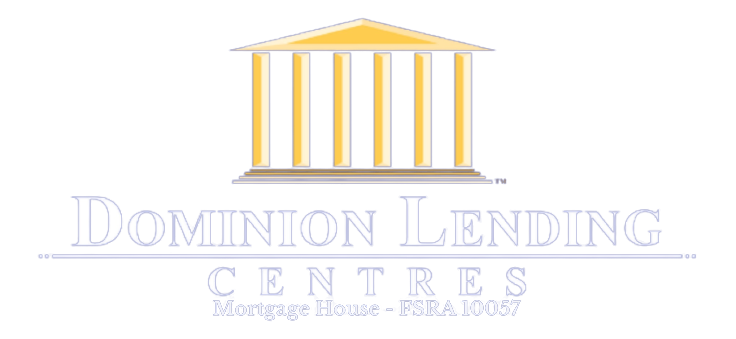When you apply for a mortgage, you usually seek a mortgage broker. However, brokers are not the ones lending you the money. Instead, they connect you to mortgage lenders, which will lend you the money for the mortgage.
If you are a first-time home buyer mortgage, you must know the difference between the two.
What is Mortgage Broker?
A Mortgage Broker connects you with a lender. They do not fund your mortgage personally; a lender does. They are the ones who gather loan options for you and then negotiate for you.
A mortgage broker is working for you but is paid by the mortgage lender, not you.
What are Mortgage Lenders?
Mortgage Lender is an institution that loans you money. They provide you the funds to the buyers and will retain the mortgage loan. You do not need to directly talk to the lenders; your mortgage broker will negotiate with them on your behalf.
They may loan a real estate owner but not for its purchase. They can loan you money for other purposes, but your mortgage is at stake.
Kinds of Mortgage Mortgage Lenders
A-Lender or Prime Lender
A-Lender or Prime Lender is your traditional lender. They refer to banks and credit unions catering to borrowers with good credit scores and stable and high incomes. The banks are subject to federal regulation, so you’ll need a stress test when applying for a mortgage.
A stress test determines if you can still afford the interest rate when it rises. It can be the five-year average rate or two percent higher than the broker offers them, whichever is higher.
For instance, Canada’s stress test rate today is 5.25%, and your mortgage rate is 4.25%. You have to add 2% to your mortgage rate, which makes it 6.25%, then that will be your stress test rate. If you have a 3% mortgage rate plus 2%, 5% will be lower than the stress test rate. So you’ll have to follow the 5.25% as your stress test rate.
Prime Rates
A bank’s commercial interest rate at a particular time is the lowest. The prime rate is also a reference rate for the bank for all of its other rates. Also, it is a basic calculation for variable-rate mortgages.
At one point, the term “prime rate” indicated the rate of interest banks lent to favored customers with high credit and income. Which is not the case now. Today, lending products based on prime rates are usually available to all borrowers qualifying for them.
B-Lenders or Sub-prime Mortgage Lenders
Only some borrowers with good credit scores and high income qualify for a prime mortgage. That is why they resort to subprime mortgages.
Sub-prime lenders or B-Lenders are alternative lenders with higher interest rates than prime mortgages because you are in a high-risk borrower category.
Sub-prime lenders are more flexible but do not offer default-insured lending. It also doesn’t require a stress test, which makes it another reason you will be put on a high-risk borrower. Scores 640 and below are considered the subprime mortgage.
Sub-prime lenders understand borrowers that are self-employed or do not have the best credit score but can still manage to pay their mortgage on time.
Sub-prime Rate
Higher than the average rate charged to subprime borrowers. The factors that affect your subprime rate include the size of the loan, the individual’s income, the number of delinquent accounts on the borrower’s credit report, and the amount of the down payment.
Private Lender
Private mortgage lenders are people or companies not connected to financial institutions. It could be a friend, family member, or other business that lends money privately. They can also set their own terms and rates because they are not regulated similarly to banks.
It is a timely solution if the borrower encounters foreclosure. And it must be completed using the provincial regulator’s process and meet their requirements concerning suitability.
Although private mortgage funds can be costly, they suit their need in the mortgage marketplace by helping clients who do not meet the prime and sub-prime standards.
You need to know that a private mortgage is for the short term only. You need to repay within the next 24 months. It can be an advantage for some but can be stressful for many. So think carefully before applying for a private mortgage.
Conclusion
Applying for a mortgage is a crucial thing to do. There are many factors you have to consider first before you can apply for a mortgage. It is a long-time commitment and expensive, so you have to think twice before deciding on anything.
Give yourself some time to think before going for a decision. And ask for others’ opinions, yet at the end of the day, it will be your decision. But it wouldn’t hurt to ask for others’ opinions.
Give us a call if you have any questions about mortgages. We can also give the best interest rate in Canada.




